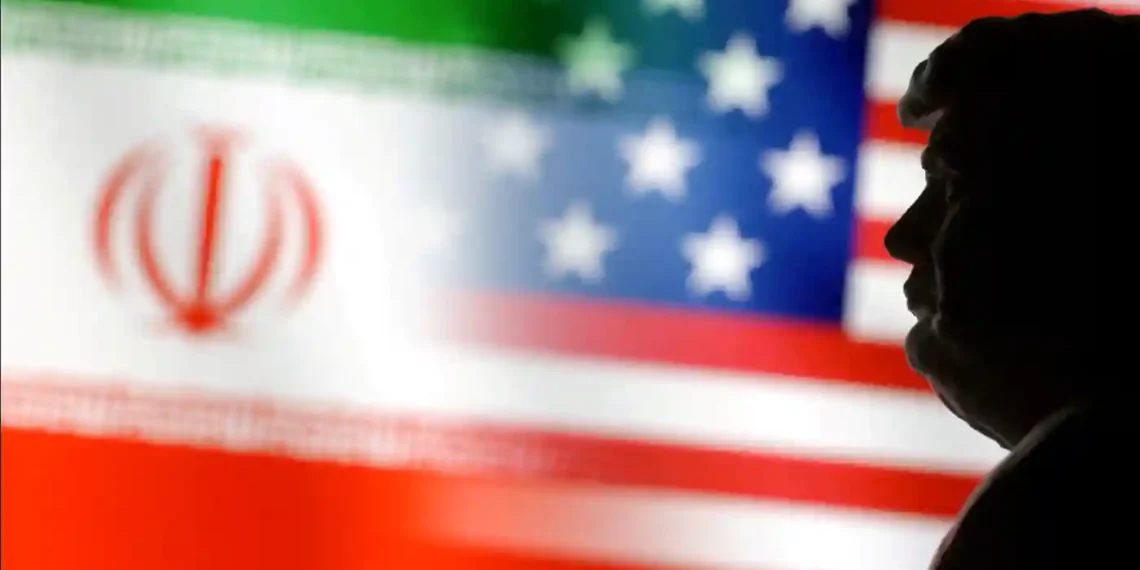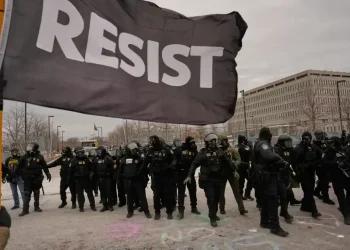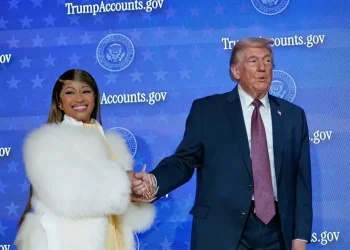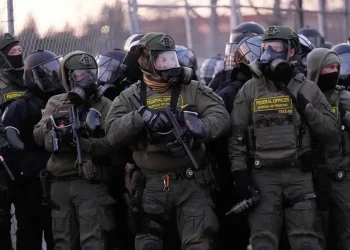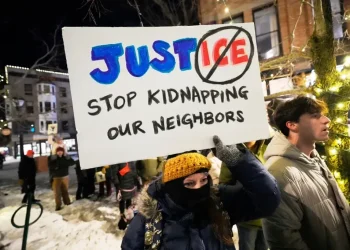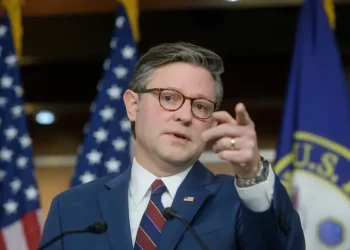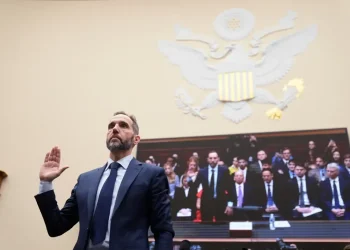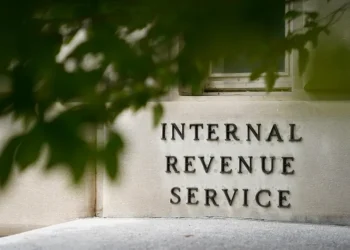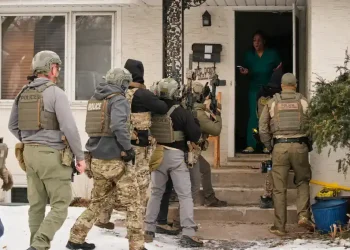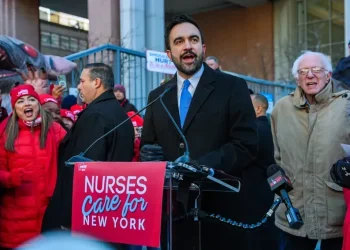Iran and U.S. Hold Crucial Nuclear Talks in Rome Amid Tensions
DUBAI, April 19 — In a high-stakes diplomatic effort, Iran and the United States launched a fresh round of indirect nuclear talks in Rome on Saturday, aiming to resolve a decades-long standoff over Tehran’s nuclear ambitions. The talks, under the cloud of President Donald Trump’s earlier threats of military action if diplomacy fails, signal a potential turning point in one of the most contentious geopolitical issues of the past few decades.
Iran’s Foreign Minister, Abbas Araqchi, and Steve Witkoff, the U.S. Middle East envoy under Trump, are engaging in indirect discussions, with an Omani official acting as an intermediary to shuttle messages between the two sides. This comes just a week after the first round of indirect talks in Muscat, which both parties described as productive but far from conclusive.
Though Araqchi and Witkoff had a brief interaction at the conclusion of the Muscat talks, it’s important to note that the two countries have not held direct negotiations since 2015, during Barack Obama’s presidency. Since then, the nuclear deal—formally known as the Joint Comprehensive Plan of Action (JCPOA)—has remained in limbo, and tensions have escalated.
Ahead of the talks in Rome, Araqchi reaffirmed Iran’s commitment to diplomacy, urging all parties involved to seize the opportunity to reach a fair and logical nuclear deal. He emphasized that any agreement must respect Iran’s rights and lead to the lifting of “unjust sanctions” while addressing concerns over Tehran’s nuclear activities.
In his comments to Iranian state media, Araqchi noted, “Iran has always been committed to diplomacy, and we are hopeful that a reasonable deal can be reached if all parties are realistic.”
He further underscored Iran’s stance in Moscow the day before, expressing confidence that a deal is achievable if the U.S. approaches the negotiations with a realistic outlook.
Italian Foreign Minister Antonio Tajani welcomed Araqchi to Rome, framing the city as a “capital of peace and dialogue.” In a post on social media, Tajani encouraged Araqchi to continue pursuing negotiations to prevent nuclear proliferation in the Middle East. “The hope of the Italian government is that all parties may find a positive solution for the region,” Tajani wrote.
However, Iran has tempered expectations about reaching a quick deal. While some Iranian officials have suggested that sanctions could be lifted soon, the country’s Supreme Leader, Ayatollah Ali Khamenei, struck a more cautious tone, stating this week that he is “neither overly optimistic nor pessimistic” about the outcome.
Meanwhile, former President Trump, who withdrew from the 2015 nuclear agreement and reimposed severe sanctions on Iran, reaffirmed his stance on the issue. Speaking to reporters on Friday, Trump emphasized the importance of preventing Iran from acquiring nuclear weapons, stating, “I want Iran to be great and prosperous, but they cannot have a nuclear weapon.”
In a further sign of rising tensions, Israel has reportedly not ruled out military action against Iran’s nuclear facilities in the coming months, according to Israeli officials and other sources familiar with the matter.
The Biden administration has been pressing Iran to halt its production of highly enriched uranium, which the U.S. believes could be used to build an atomic bomb. Tehran, on the other hand, insists its nuclear program is purely for peaceful purposes.
Iran has indicated a willingness to negotiate certain limitations on its nuclear activities, but it is seeking strong guarantees that Washington will not renege on any future deal, as it did after Trump’s decision to abandon the 2015 agreement.
Since 2019, Iran has significantly exceeded the uranium enrichment limits set by the 2015 deal, producing stocks far above what the West considers necessary for a civilian energy program.
As the talks continue, the world watches closely. The stakes are high, not just for Iran and the U.S., but for the broader Middle East and global nonproliferation efforts. While optimism is tempered, the renewed dialogue signals a shift toward diplomatic engagement, offering a glimmer of hope that the nuclear issue may yet find a peaceful resolution.
This article was rewritten by JournosNews.com based on verified reporting from trusted sources. The content has been independently reviewed, fact-checked, and edited for accuracy, neutrality, tone, and global readability in accordance with Google News and AdSense standards.
All opinions, quotes, or statements from contributors, experts, or sourced organizations do not necessarily reflect the views of JournosNews.com. JournosNews.com maintains full editorial independence from any external funders, sponsors, or organizations.
Stay informed with JournosNews.com — your trusted source for verified global reporting and in-depth analysis. Follow us on Google News, BlueSky, and X for real-time updates.
